Front and Center: Leading the Charge
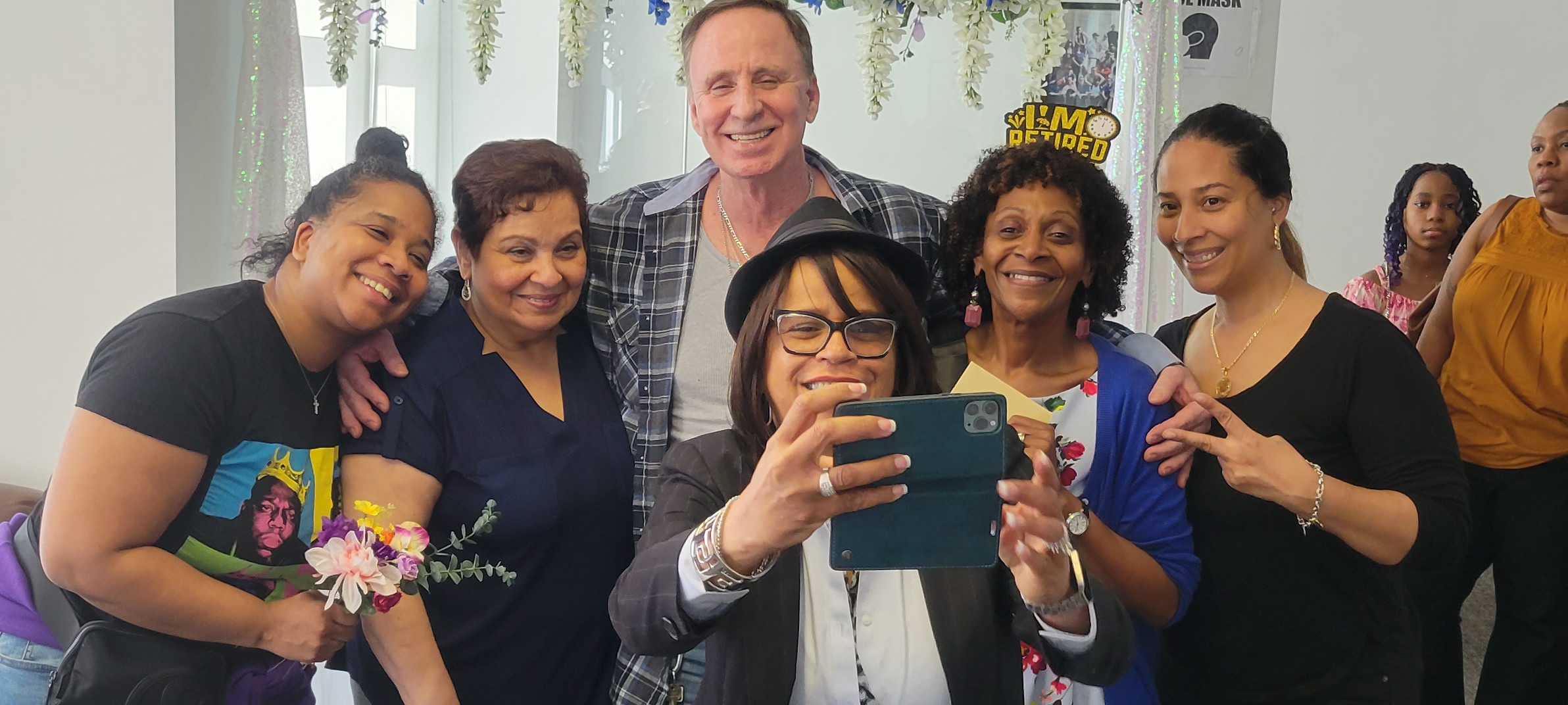
What makes Samaritan Daytop Village’s Veterans Programs so successful? It begins with the people – our boots on the ground – who oversee operations, clinical care, supportive services, partnerships, and the veteran experience.
Leading the charge at each of our Veterans Programs are Program Directors.
- Among the ranks are military veterans and civilians.
- They have decades of experience in social services and addiction treatment.
- A few are in recovery from substance use, while one is a former client.
Our Program Directors have differing backgrounds and experiences. Yet, they all have one thing in common: their passion and dedication to our clients and their long-term success in recovery.
****************************************
In this edition of the Mosaic, we introduce the Directors of our Veterans Programs in New York City.
43rd Street Veterans Program aka The Herd
Manhattan
Beverly Houston
Part-Time Staff Member (current)
Program Director (retired)
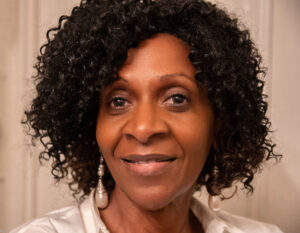
For many, Beverly Houston is synonymous with the 43rd Street Veterans Program. Beloved by staff, clients, and partners alike, Beverly’s contributions to the program have been invaluable.
Her passion for the vets began with her father, who served in the Air Force during the Vietnam War. Through her dad, she learned well the rigorous discipline and camaraderie inherent in a tight-knit military outfit.
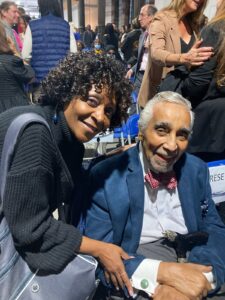
Beverly first joined 43rd in 2012 as the new Program Director. By that time, she had already amassed three decades in the social services field and a master’s degree in social work from the University at Buffalo-SUNY. As fate would have it, Samaritan Daytop Village did not have to look too far to find a new Program Director. Bev was at the Ed Thompson Veterans Program, working as a Social Worker.
Among her many responsibilities at 43rd, Bev develops new partnerships to expand and enhance the program’s slate of services. Her contact list is a who’s who of Manhattan, including the David Lynch Foundation (for transcendental meditation), the Stephen A. Cohen Military Family Center at NYU Langone (for psychotherapy and PTSD treatment), and TDF (for theater and other entertainment outings). And she has not limited her search to the borough, city, state, or country for that matter.
In 2014, Beverly traveled to England to present our treatment protocol to service providers interested in replicating our veteran-specific program. While there, Beverly forged a relationship with Jacquie Johnston-Lynch, co-founder of Tom Harrison House, the United Kingdom’s first addiction treatment center for military veterans, reservists, and emergency service personnel. Ms. Johnston-Lynch was well-known for creating Liverpool’s first non-alcoholic bar, The Brink.
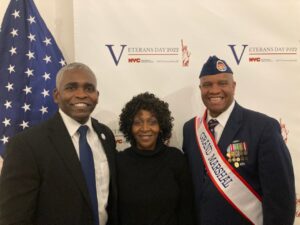
Since that first meeting, Bev and Ms. Johnston-Lynch have built a meaningful and lasting partnership. Ten years later, the Herd continues to enjoy the longstanding trans-Atlantic fellowship. Bev says they have had Zoom calls with clients at the Liverpool location and received on-site visits. Plans are in the works for Ms. Johnston-Lynch to visit 43rd Street in April.
For Beverly, her greatest success has been with maintaining and strengthening the tight-knit, family culture so important to the program’s success. Over the years, she has helped seamlessly integrate the Sanctuary Model (a trauma-informed approach to care) into the program’s therapeutic community. She has also kept several key traditions alive at the program such as the Color Guard, annual pilgrimage to DC, and Veterans Pride groups.
After 11 years as Program Director of 43rd Street Veterans Program, Beverly retired last Spring – sort of! Her bond with the clients, staff, and partners at the Herd is unmistakable. She continues to work with them at 43rd as a part-time staff member. Bev says she is doing what she loves most: leading clinical group sessions, developing partnerships, and joining in group outings.
When not in Hell’s Kitchen, Bev enjoys her spare time learning to swim, watching her favorite soap operas, teaching at SUNY Stony Brook University, and spending time with her husband Erasmo.
ED THOMPSON VETERANS PROGRAM aka The Hooch
Queens
Roger Walker, LMSW, CASAC-Master Counselor
Program Director

When Roger Walker first walked through the doors of Samaritan Daytop Village, it was as a client. In 2006, the Navy vet entered treatment for addiction at the 43rd Street Veterans Program. Eighteen years later, he remains in recovery – and with Samaritan Daytop Village as well.
Inspired by his time in treatment, Roger enrolled at Empire State College, where he earned a bachelor’s degree in Community and Human Services. He later received a master’s in Social Work from Silberman School of Social Work at Hunter College.
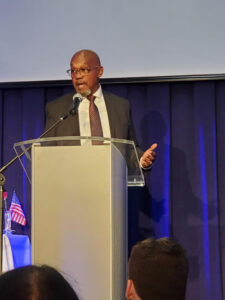
Roger returned to Samaritan Daytop Village as Clinical Director of the Richmond Hill Medically Assisted Treatment Program in Queens. Over the years, his increasing levels of responsibilities have included Assistant Director of Clinical Services at the Ed Thompson Veterans Program, and as an Assistant Director of Operations, Court Liaison, Veterans Outreach Counselor, and Case Manager. He returned to the Ed Thompson Veterans Program early last year to take the reins as the new Program Director.
With the agency, Roger has built an impressive career in behavioral health, advocacy, and social services for the veterans’ community. He has had the unique vantage point of experiencing the Veterans Programs from both sides of the counselor’s chair – as a client and staff member.
Ask Roger about some of his experiences during his nearly two-decade career. He will mention having the honor of meeting Ed Thompson, the man who inspired our nationally recognized treatment program for military veterans. Roger also attended his first therapeutic trip to Washington, DC, in 2006 – and has done so every year since.
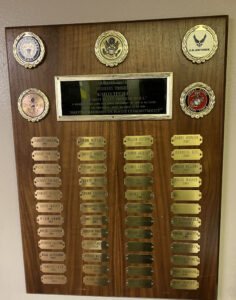
Roger’s commitment to recovery and the program has lent itself to another full-time role: advocate for veterans’ services. He has been a role model to staff and clients alike.
Roger continues his passion for learning as an Adjunct Professor at Stony Brook University School of Social Welfare where he teaches “Substance Use Treatment and Interventions” and the CASAC 350-hour certification curriculum.
***********************
If you would like to learn about employment opportunities at our Veterans Programs, contact our Talent Acquisition team at [email protected] or visit our website’s Careers page.